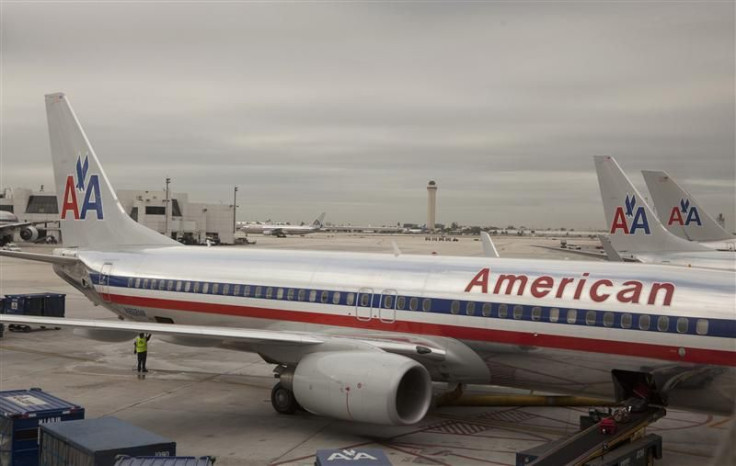Chinese Company Once Banned For Stealing Information Is Bidding To Build Jet Bridges In Miami Airport
Barring the U.S., the Chinese company has gained a strong foothold in other markets

KEY POINTS
- Bills in Senate, House aim to specifically target the Chinese company
- Tianda poised to win the contract to supply jet bridges to Miami airport
- Chinese company guilty of stealing the intellectual property of a U.S. firm
A Chinese manufacturer trying to re-enter the U.S. market after a 10-year exile has become the latest example of escalating trade tensions between the United States and China. Airplane boarding bridge maker CIMC-Tianda was prohibited by a court from selling designs other than its own for a decade after it was found guilty of stealing the intellectual property of U.S. rival Jetway Systems and using that information in its favor when bidding for contracts in 1998.
CIMC-Tianda has started bidding for airport projects in cities like Miami, Orlando, Boston and Dallas, triggering protests from lawmakers and intense lobbying by Jetway Systems, Politico reported.
“Newer jet bridges are technologically sophisticated and can integrate fully with internal airport or FAA systems,” Jetway warned in a document passed around Congress. “The primary concern is the access to information CIMC-Tianda may be afforded as a result should they win contracts moving forward.”
Tianda and its lobbyists did not respond to Politico's requests for comments.
Sens. Marco Rubio (R-Fla.), John Cornyn (R-Texas) and Gary Peters (D-Mich.) have introduced a bill that specifically targets Tianda. A bill inroduced in the House by Reps. Ron Wright (R-Texas) and Marc Veasey (Texas) aims to "ban the use of federal funds to purchase state-owned or subsidized passenger boarding bridges, effectively pushing China out of the market."
The resistance follows Tianda's bid to win the contract to supply 12 jet bridges at Miami International Airport. Rubio and other lawmakers have written to the Miami airport CEO to reject Tianda's bid though it is the lowest, Politico rported.
Another airport in Florida, Southwest Florida International Airport in Fort Myers, inserted a clause in its request for bids that excludes Tianda by default, Politico reported. The company lost out on the bids for airports in Boston and Orlando.
© Copyright IBTimes 2025. All rights reserved.






















